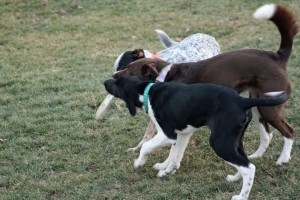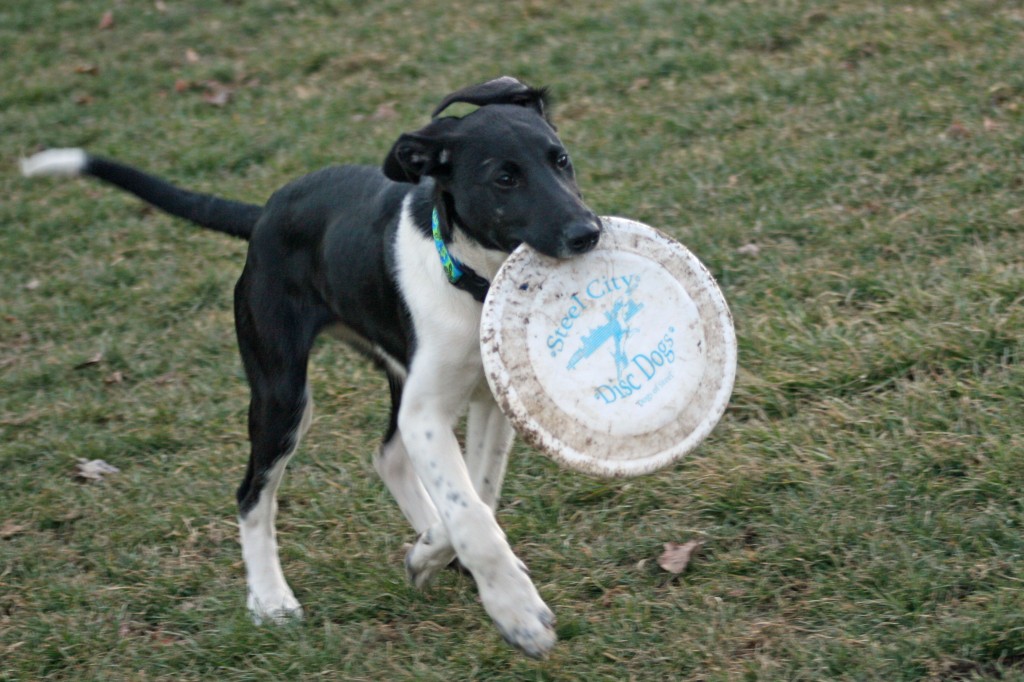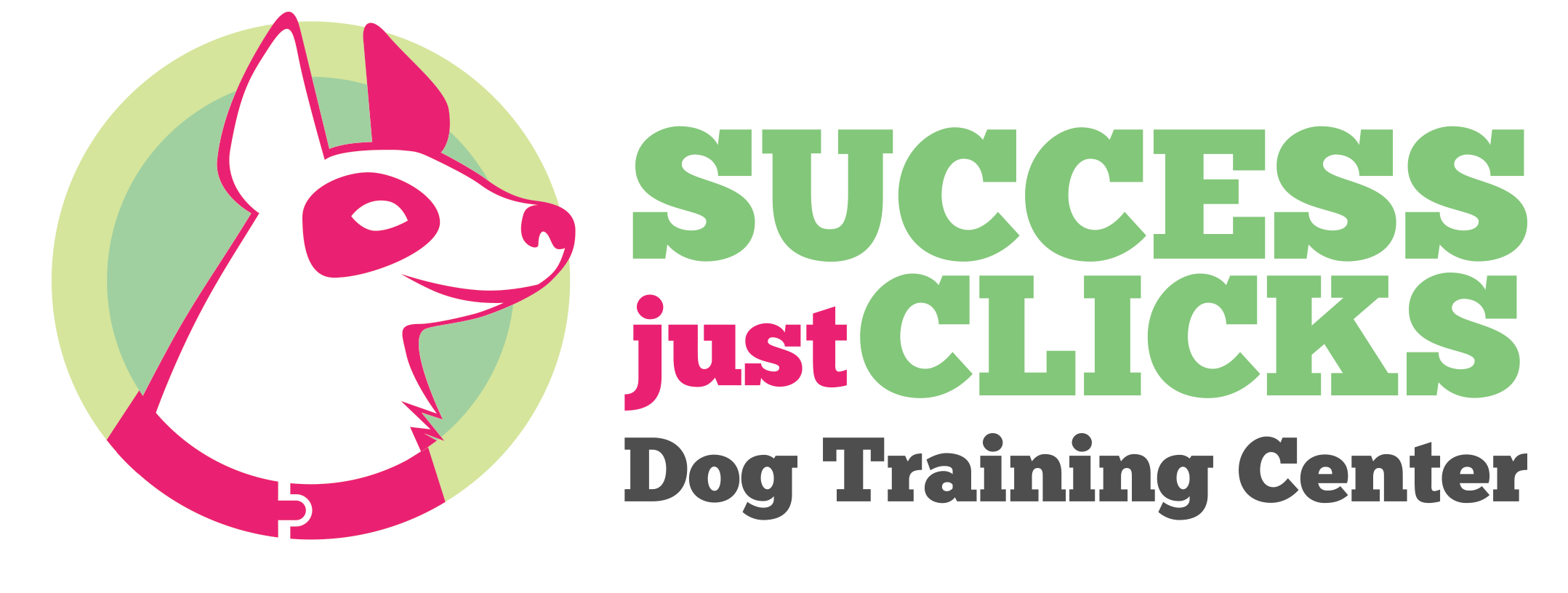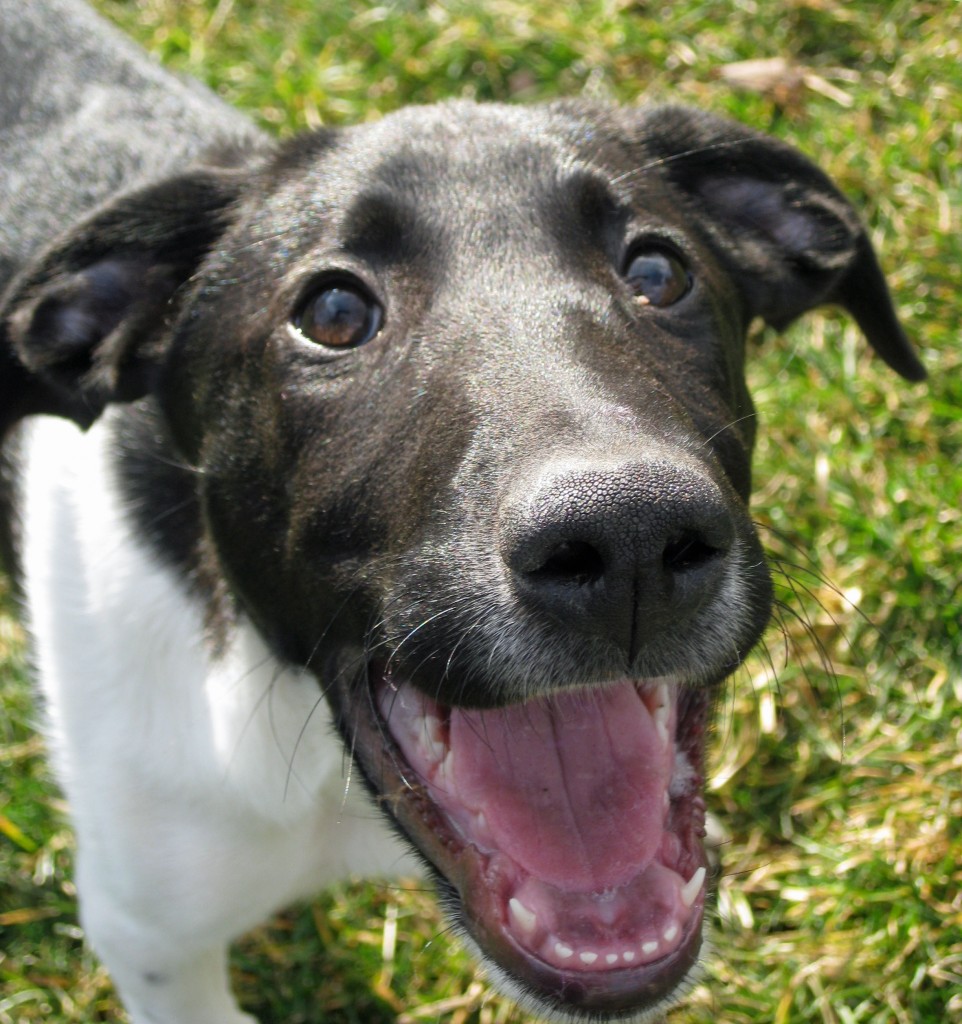Raising a puppy isn’t rocket science but there are definitely things a handler can do to set themselves up to have a smoother transition from puppy to teen to adult. I haven’t had the pleasure of raising too many puppies but the ones I have raised (or ones who I have helped raise–like my daily walking/training clients) have all had a really smooth transition from puppy to adult. By the time they reach adulthood, they are easy to handle and are well rounded adults. It’s much easier to lay a good foundation with a puppy than to try and fix a year’s worth of bad habits in a teenager.
1. Have expectations for your puppy. Puppies as young as 8 or 9 weeks are capable of having some expectations but certainly 12 week old puppies are more than capable of sitting and even sitting for their dinner. They aren’t going to be perfect, but at this age they are like sponges and can very quickly learn routines and expectations. Jethro came to me at about 11 weeks old and within a week he learned that the door to go outside does NOT open unless he is sitting. He also very quickly learned that when I feed him a meal from a bowl that the only way the bowl gets put down is if he is in his crate laying down. When you lay a foundation of expectations as a puppy, you are preventing bad habits from forming and you are setting yourself up for an easier journey.

2. Pretend your puppy is full grown. If you have a large breed puppy, forget that your puppy is only 20lbs and remember that he will be 100lbs. It’s cute when a 20lb puppy curls up on grandma’s lap and falls asleep… it may be slightly less cute when your 100lb adult dog tries to curl up on grandma’s lap. So, before you pet your puppy when he/she jumps up on you to say hello, think about whether you’d want your 100lb dog jumping up to say hello.
3. Socialize your puppy early and often. Think about what you’d like to do with our dog when he/she is an adult and start socializing to those people/places/things when they are a puppy. Puppies’ brains are primed for learning to accept and acclimate to new things in a way an adult brain is not as receptive (not that it can’t be done as an adult). If you’d like your dog to ride public transit (where allowed), it’s great to start them off right as puppies by having them hear the sounds of the trains/buses and ride on them (again, where allowed). Do you plan on having your dog around kids, bikes, skis, sleds, elephants, horses, people on stilts, etc? If you see yourself doing something with your dog when they are an adult, it can’t hurt to prep them in a positive manner when they are a puppy. Also, handle your puppy a lot! Get them used to grooming rituals (like ear cleaning and nail clipping) and vet rituals (like handling the legs for blood draws or having their abdomen palpitated).

4. It’s okay to deny your puppy sometimes. It’s really important for puppies to learn that they will not always get what they want in life. If every time your puppy sees another dog he/she is allowed to go play, what happens when you don’t feel like walking across the street so Fido can have a social hour? What generally happens is that dogs start to get frustrated and can start to become reactive. They have had a long history of being able to play with every dog they see (or get to greet every person they see) so when you finally say “no,” your puppy may be rather upset about it or they learn that when they see other dogs it’s social hour and they do not have to listen to the handler.
5. It’s never too early to start building good communication. You don’t have to start a rigorous training program with your 8 week old puppy but it’s never too early to start basic training because that basic training starts to build good communication. Puppies start to see you as the key to all things good and both parties (trainer and puppy) start to learn how the other communicates. Start teaching your puppy to respond to his/her name, to say “please” by sitting (or whatever other behavior you’d like), play impulse control games, teach the rules of tug, etc. All of these things help your puppy learn what to expect from you and learn how you are going to communicate–humans, unlike dogs, do not use nearly as much body language so puppies can start to learn to listen to our vocalizations along with our strange body language.


Great list! I would add to that focusing on impulse control and being calm – this will be my first priority with my next pup after socialization. Did you know Control Unleashed: the puppy program just came out? I would work my way through that.
I think talking to a puppy is very important. All of my dogs have high verbal skills. I really think they understand everything i say to them now.